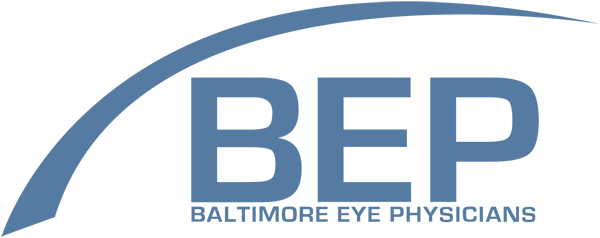What Is a Cataract?
A cataract is the clouding that develops in the eye’s crystalline lens. As the leading cause of vision loss among adults age 60 or older, cataracts impair vision, making everyday activities increasingly difficult.
Is Cataract Surgery Effective?
Yes! Many patients report vision that is even better than before they developed cataracts. Modern cataract surgery is considered one of the most effective medical procedures used today. And these results are permanent. Once removed, the cataract won’t reoccur.
Over time, the lens implant can develop a "film" behind it, which can again cause symptoms of blurred vision. A simple laser capsulotomy procedure can be performed to create an opening in the film in order to restore normal vision. Laser capsulotomy does not require going to the operating room nor does it involve any incision into the eye. It only takes a few minutes and is painless.
Will I Need Glasses After Cataract Surgery?
The decision to have cataract surgery is an important one that only you can make. The goal of any vision restoration procedure is to improve your vision. The newer technology available today enhances surgical outcomes. With small incision surgery and custom lenses, 95 percent of patients require no distance glasses following surgery. When bifocal or Restor lenses are utilized at the time of surgery, dependency on glasses is dramatically reduced. However, results vary from patient to patient, and we cannot guarantee you will have the results you desire.
Where is Cataract Surgery Performed?
Your cataract procedure is performed on an outpatient basis and takes only a few minutes In most cases patients can resume daily activities such as driving or reading, almost immediately.
Does Insurance Cover Cataract Surgery?
Yes. Medicare and most insurance plans cover approved cataract surgeries. There is an additional charge for advanced technology lenses. Our staff will review all of this information with you.




